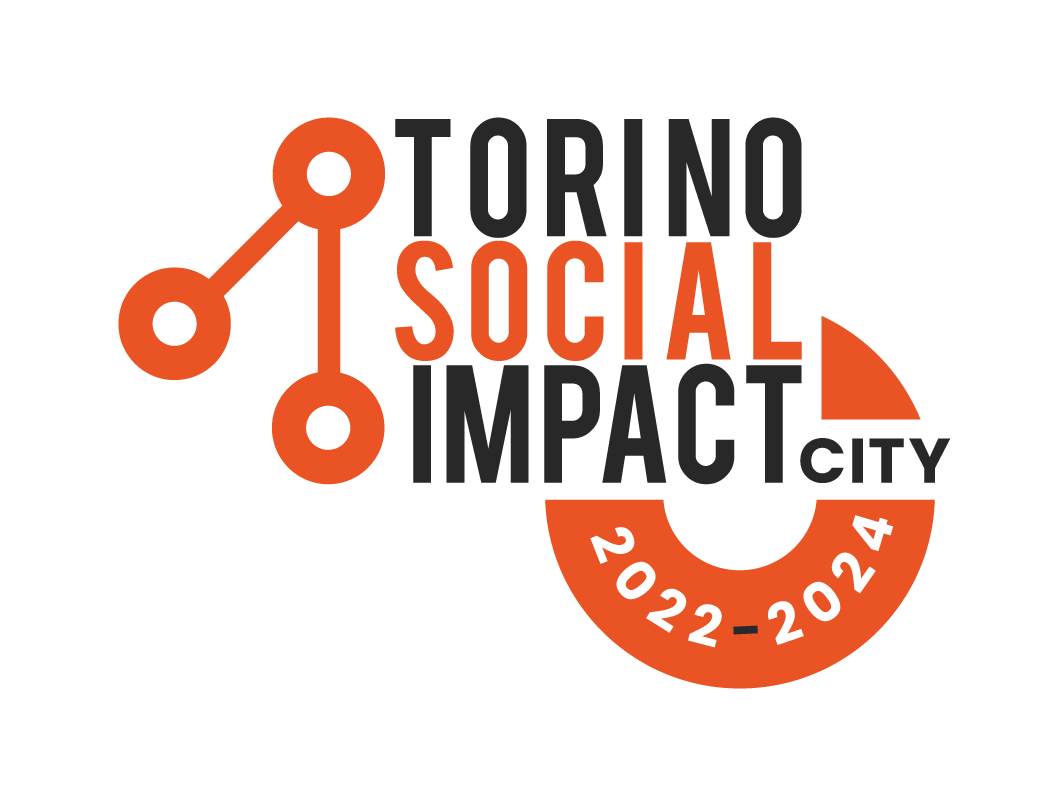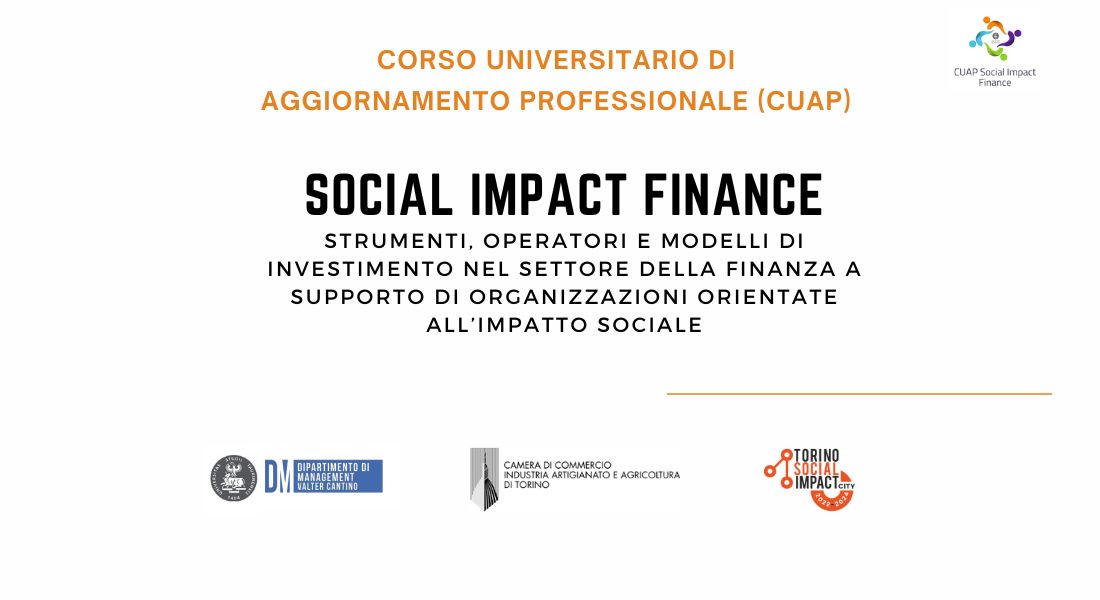SOCIAL IMPACT FINANCE: AN INEVITABLE PARADIGM FOR A SUSTAINABLE FUTURE
In the new economic landscape, social impact finance emerges as an essential driver alongside the funds from the PNRR (National Recovery and Resilience Plan) to respond to the increasingly stringent demands for social and environmental sustainability set by the European Union. This growing need has led the “Valter Cantino” Department of Management at the University of Turin to launch the first edition of the CUAP (University Course for Professional Updating) in “Social Impact Finance.” This initiative was conceived in collaboration with the Turin Chamber of Commerce and the Center of Competence for Social Impact Assessment within the framework of Turin Social Impact, involving 37 new enrollees.
In the current economic landscape, understanding the dynamics of social impact finance is not just a competitive advantage but a necessity. In response to new funding programs from supranational institutions like the European Union, which aim to increase financing in the social and environmental sectors and leverage funds from the National Recovery and Resilience Plan (PNRR), numerous organizations are introducing specific tools oriented towards both profit and socio-environmental impact. This theme engages the “Valter Cantino” Department of Management at the University of Turin through the first edition of the University Course for Professional Updating (CUAP) in “Social Impact Finance” [1].
Supported by the Turin Chamber of Commerce and offered within Turin Social Impact, this educational journey will take place from October 9, 2023, to November 27, 2023. Thirty-seven selected participants from public, private, and third-sector companies (e.g., Centrali Cooperative) will be trained in the specific use of social impact finance tools (e.g., green bonds, social bonds), new markets and operators (e.g., social stock exchange), and reporting methods (e.g., social balance sheet, sustainability report…).
The CUAP program will blend theoretical and practical approaches in identifying strategies for social impact investment (i.e., impact investing). The teaching will be conducted online and synchronous on Monday afternoons starting at 2:00 PM. In addition to traditional lectures, the learning journey will be completed with a final project work to facilitate comprehensive knowledge sharing among the participants themselves.
What does it mean to enter the era of social impact finance? “It means preparing not only for a new economic paradigm but also a key factor in building a more sustainable future. Social impact finance goes beyond mere financial returns,” explains Professor Paolo Biancone, “it constitutes a set of tools aimed at generating tangible benefits for society, actively involving investors in achieving both financial returns and a positive impact on communities and the environment. This requires study and a change of mindset, both on the part of companies and capital providers.”
What are the premises that led to the creation of the CUAP in social impact finance? “Turin has always been a vibrant hub for launching and positively promoting new training projects. Since 2019, we have been pioneers in launching the training program on ‘Social Impact Assessment,’ which has trained over 210 people and currently boasts five editions. From October 9th, we will do the same with a specific focus on investments and tools to ensure that our local fabric and companies are increasingly oriented towards issuing new instruments and choosing new financing markets,” explains Silvana Secinaro. “We will do this together, for the institutions of the region, primarily the Turin Chamber of Commerce, in collaboration with the Center of Competence for Social Impact Assessment within Turin Social Impact, as well as central cooperatives such as Consorzio Il Nodo for Confcooperative Piemonte Nord and Inforcoop Ecipaa Piemonte for Legacoop Piemonte.”
[1] The Research Team of the “Valter Cantino” Department of Management at the University of Turin is led by Professors Paolo Biancone and Silvana Secinaro, Full Professors of Business Economics.
Popular
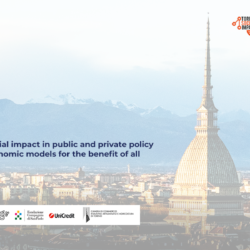 A New Impact Era: the GSG Leadership Meeting in… 14 April 2022
A New Impact Era: the GSG Leadership Meeting in… 14 April 2022 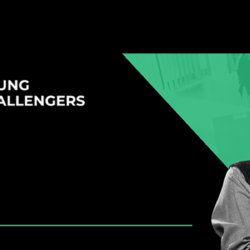 Young Challengers Program 2022 7 July 2022
Young Challengers Program 2022 7 July 2022  Turin chosen to host Cities Forum 2023 26 April 2022
Turin chosen to host Cities Forum 2023 26 April 2022 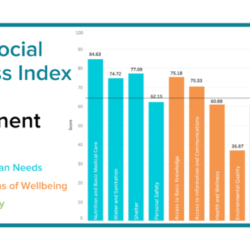 Announced the 2020 Social Progress Index 6 October 2020
Announced the 2020 Social Progress Index 6 October 2020  The Impact Housing Foundation has been launched 30 August 2021
The Impact Housing Foundation has been launched 30 August 2021 
